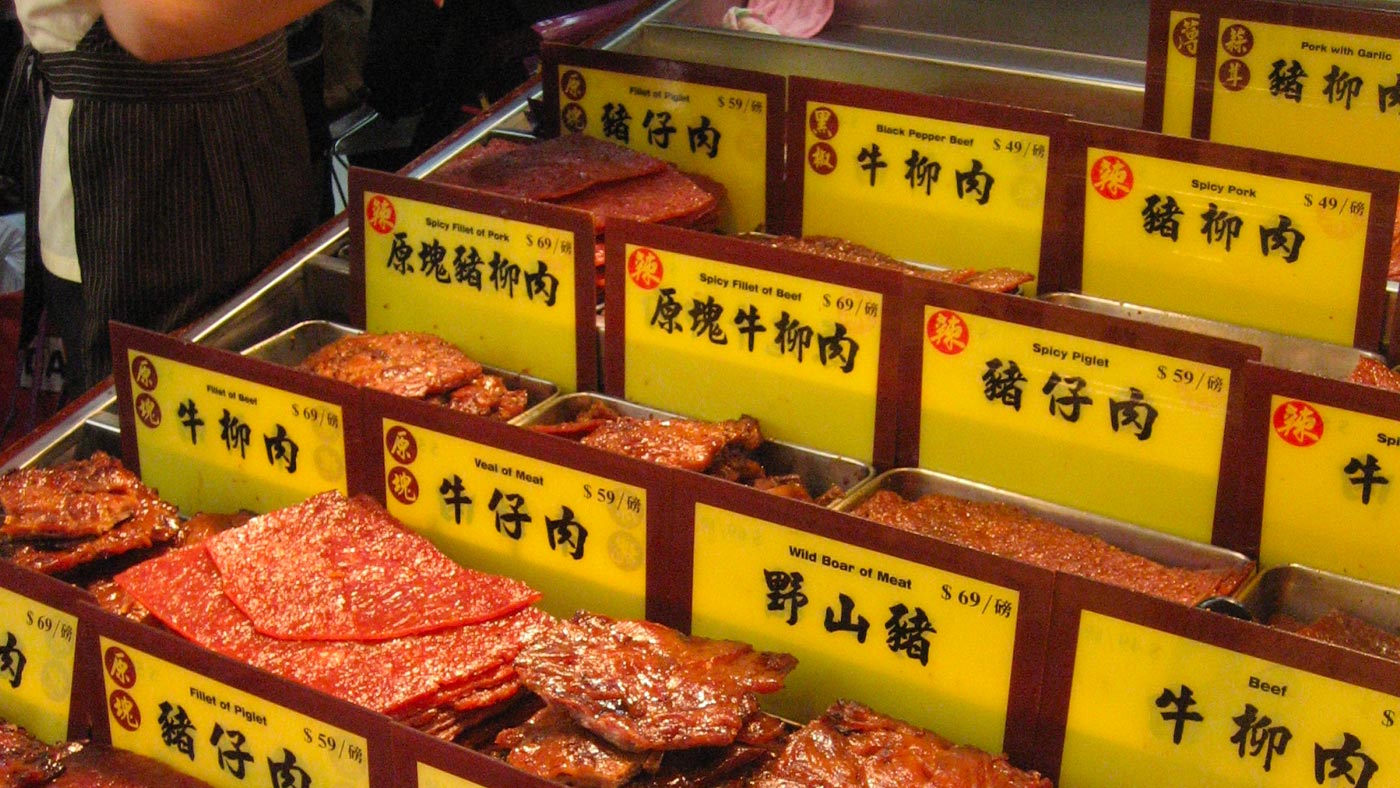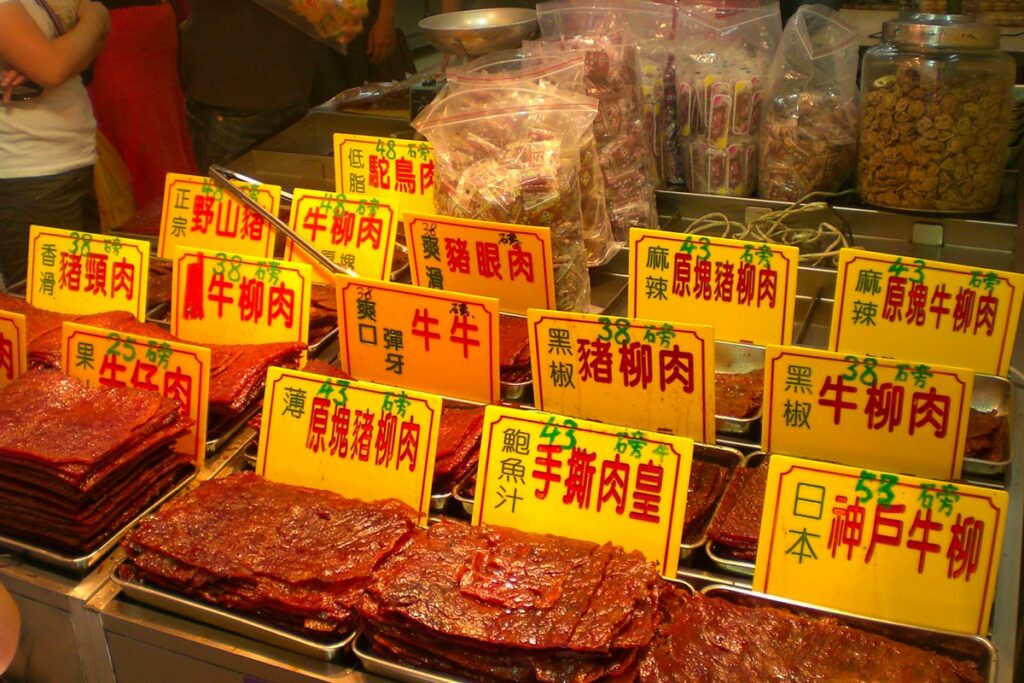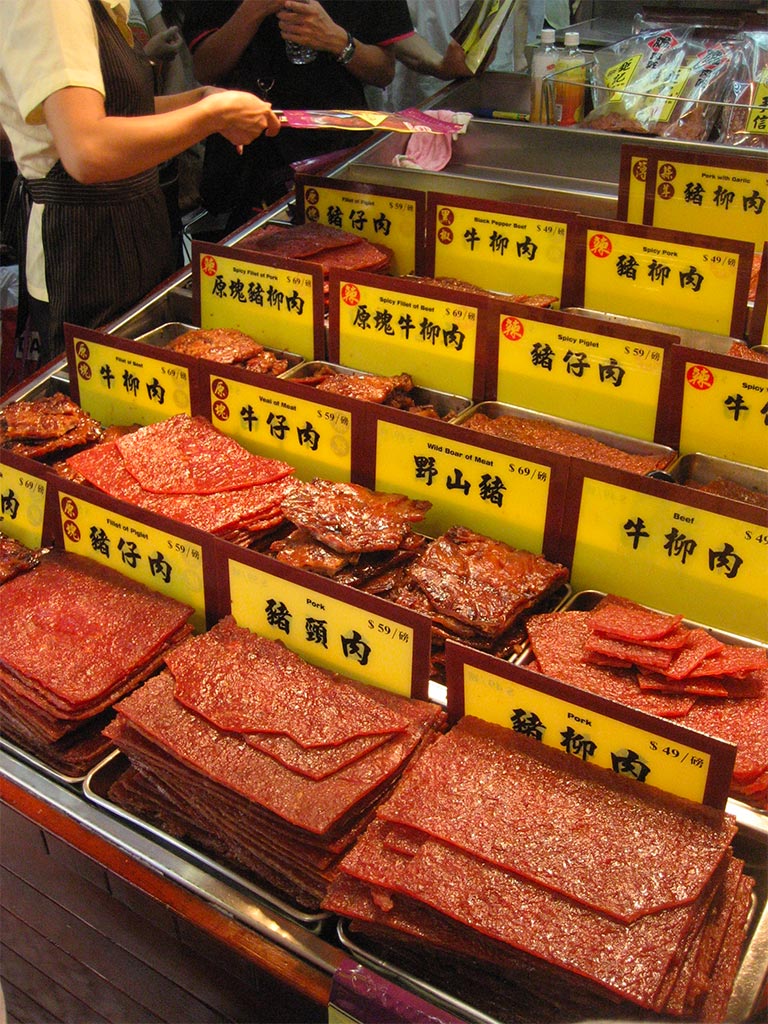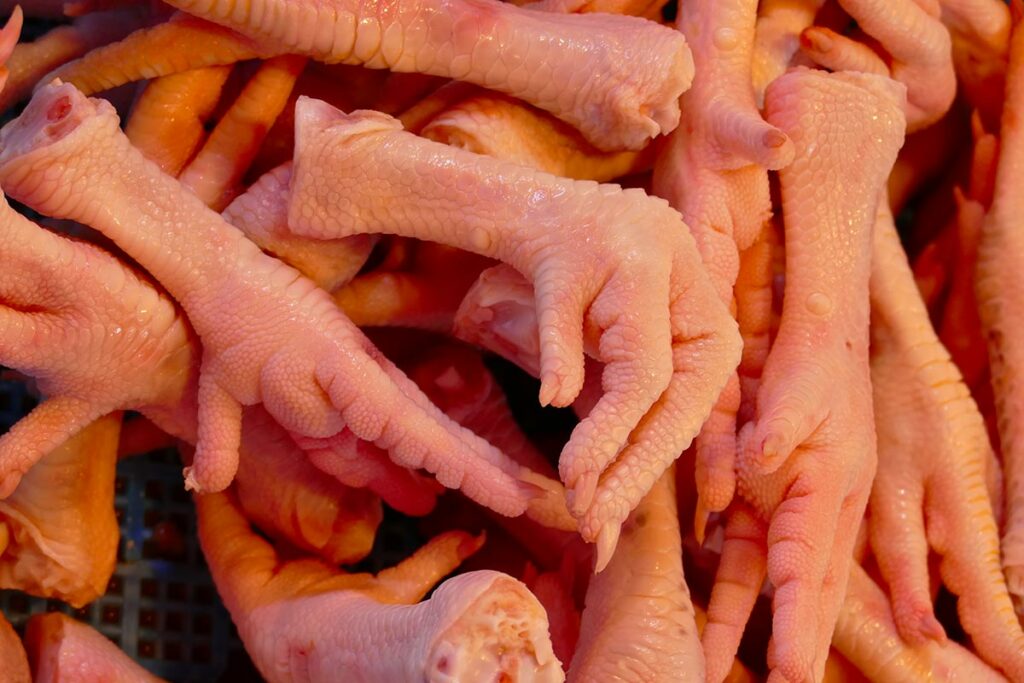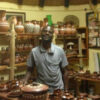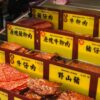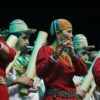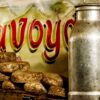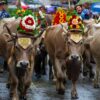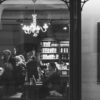Following Macau’s handover to China in 1999, the number of tourists increased considerably. Macau did not suffer under the cultural revolution like mainland China, so it has a strong continuity of cultural traditions.89 Portuguese influences are still visible in Macau’s gastronomy, for example in the local pastries.
“perishable gifts rather than long-term keepsakes are more often purchased by Asian cultural tourists, …, as they are easy to carry and pleasing to recipients.”90
photo n.1 – licensed under CC BY-NC-ND 2.0 – https://www.flickr.com/photos/razlan79/3892843298/in/photostream/
photo n.2 – Macau_Food_Pork_Jerk(I, Mo707, CC BY-SA 3.0, via Wikimedia Commons)

- Food is an important intangible heritage practice, and pastries are often sold to visitors. Bakeries and local businesses are owned by members of the community, mainly generation after generation, and the growth of tourism has allowed the employment of many local workers. This contributes greatly to the economic life of the area.
- Tourists can visit bakeries, interact with cooks and learn more about how the local delicacies are made, thus raising awareness about the meaning and value of local gastronomic culture.

- Increased tourist activity has raised rents in parts of Macau and thus negatively affected some of Macau’s residents.
- Some inferior products are sold to tourists as authentic traditional foods, thus undermining the reputation of the local gastronomic offer. Certification of products is being explored by the local authorities as a possible solution to this.
- Because of the focus on the marketing of food culture, community members have lost interest in other forms of ICH, such as handicraft.
- The focus on marketing of food has caused a reduction of cultural diversity.

Collaboration: Most of the shop owners and bakeries are part of the Macau Chamber of Commerce and the government has consulted them in their marketing campaigns.
- 88 United Nation World Tourism Organization (2012), Tourism and Intangible Cultural Heritage. 55-56. Available at: https://doi.org/10.18111/9789284414796
- 89 Jenny, C., Jolliffe, L. and Baum, T. (2013). Tourism and Souvenirs, glocal perspective from the Margins. Available at: https://books.google.fr/books?id=zc3D4GmgzNwC&lpg=PT232&ots=fNvsb9tDf6&dq=Macau%20food%20souvenirs%20issues&hl=fr&pg=PT3#v=onepage&q=Macau%20food%20souvenirs%20issues&f=false
- 90 Jenny, C., Jolliffe, L. and Baum, T. (2013). Tourism and Souvenirs, glocal perspective from the Margins. Available at: https://books.google.fr/books?id=zc3D4GmgzNwC&lpg=PT232&ots=fNvsb9tDf6&dq=Macau%20food%20souvenirs%20issues&hl=fr&pg=PT3#v=onepage&q=Macau%20food%20souvenirs%20issues&f=false

